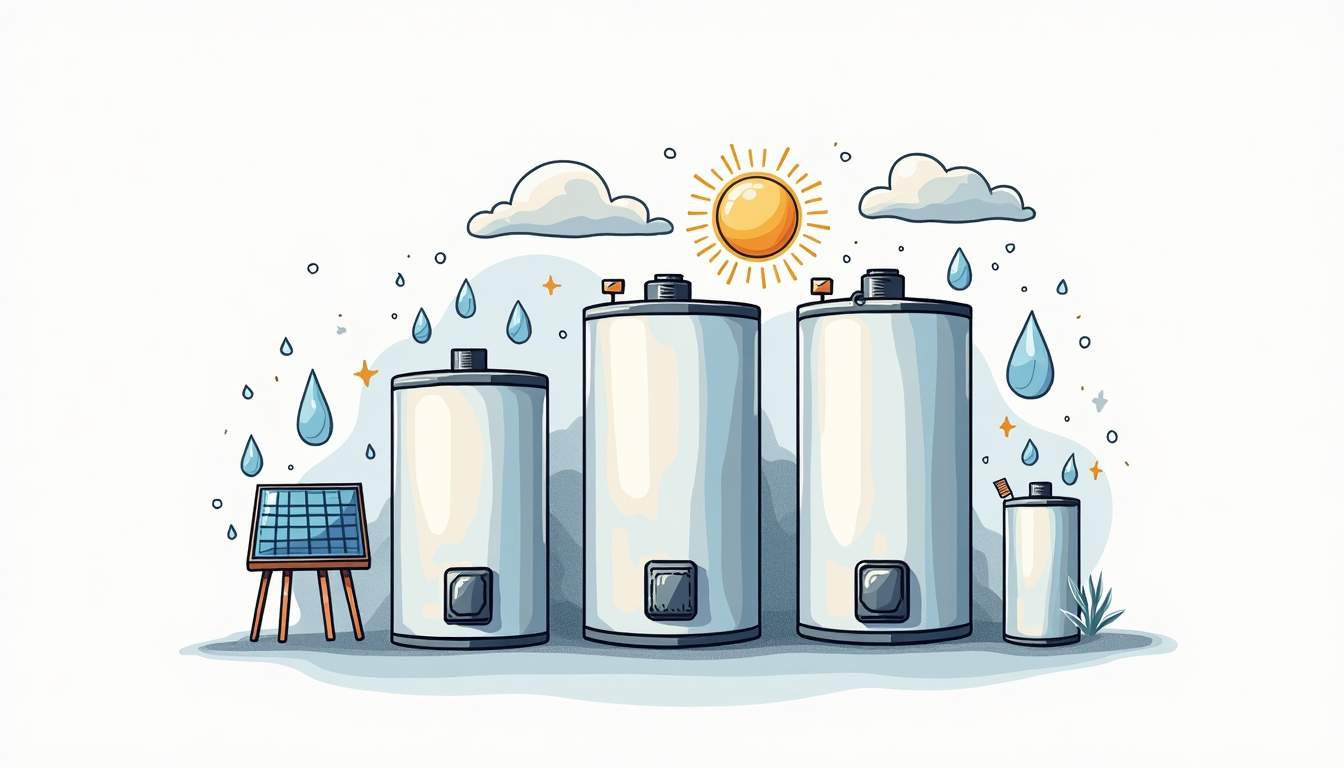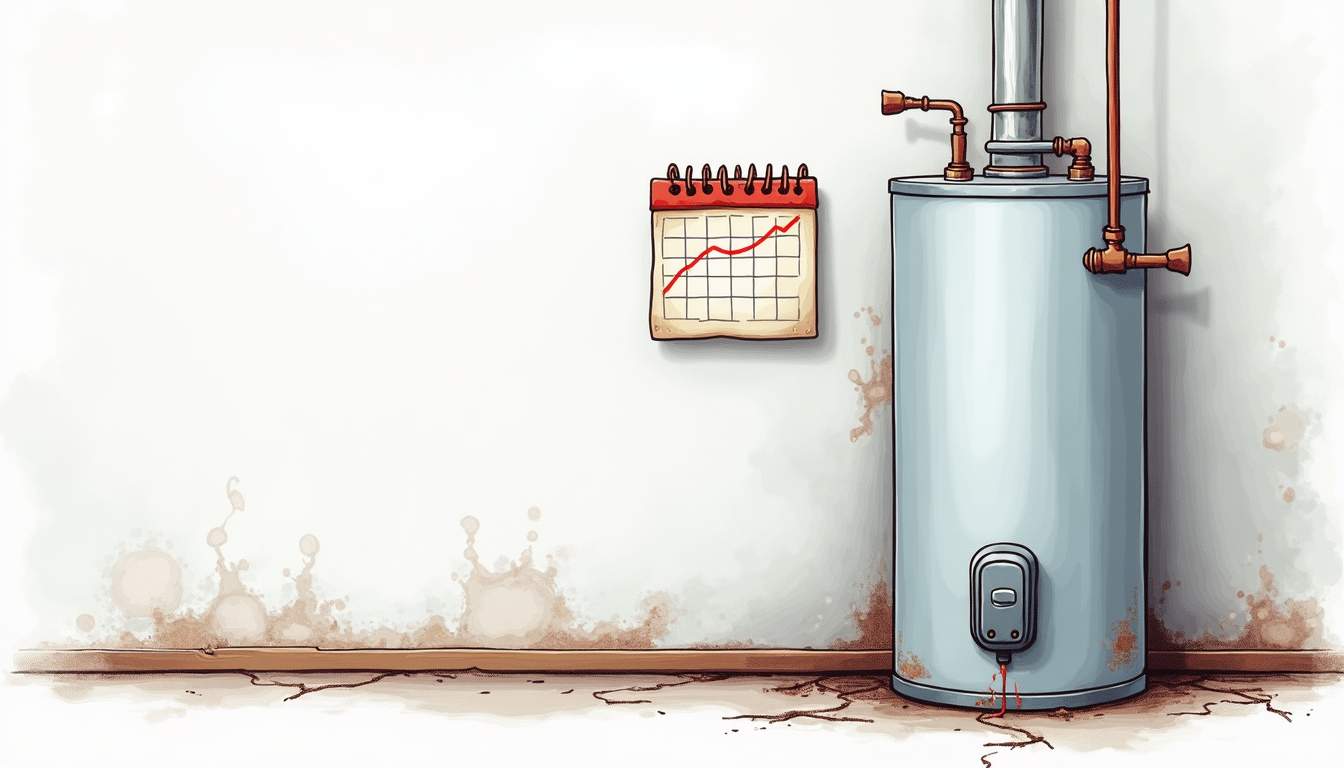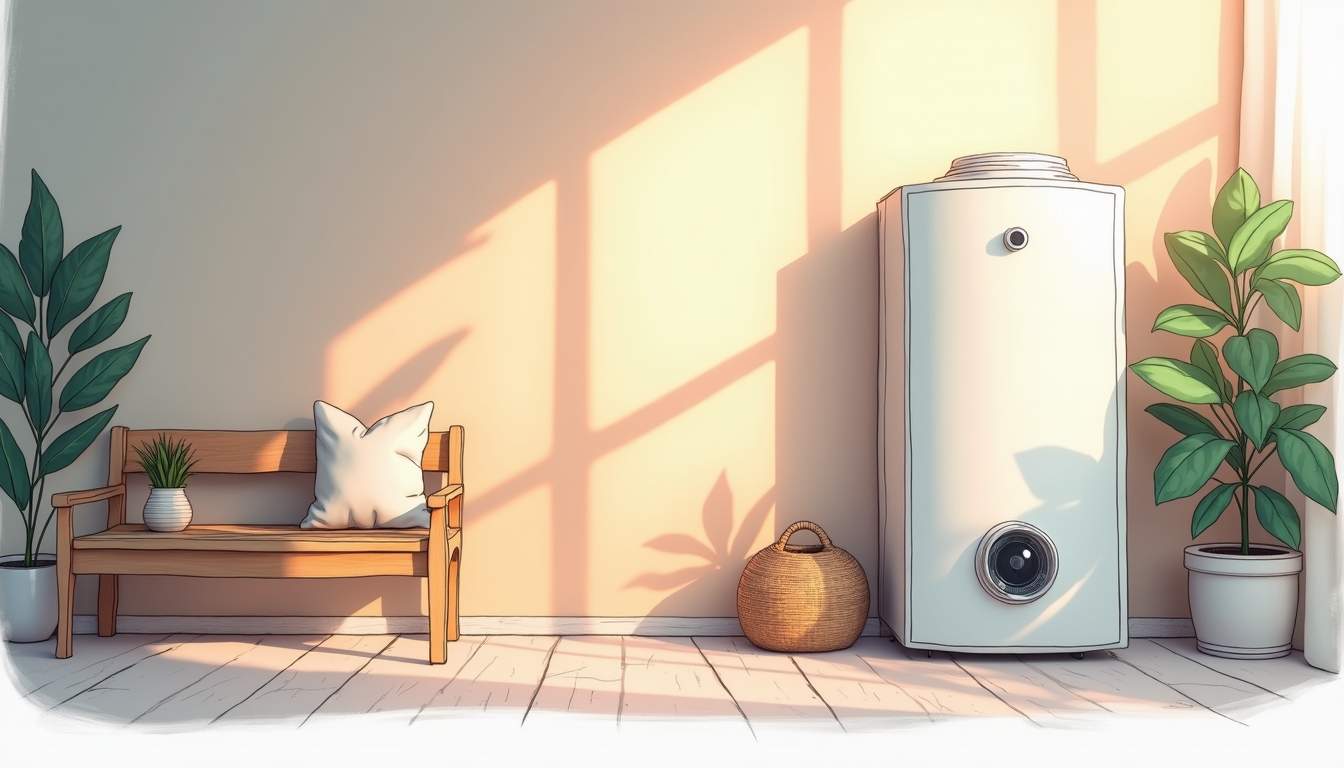
Nothing beats stepping into a warm shower on a chilly morning. But when your water heater struggles to keep up or sends your energy bills soaring, that comfort quickly fades. Finding the right water heater solution isn’t just about staying warm-it’s about doing so efficiently and affordably.
Understanding Your Water Heater Options
Water heaters come in several types, each with its own strengths and quirks. Choosing the right one depends on your household size, energy preferences, and budget.

Tank vs. Tankless Water Heaters
Traditional tank water heaters store a set amount of hot water, typically ranging from 30 to 80 gallons. They keep this water heated continuously, so it’s ready when you need it. The downside? They can waste energy by maintaining heat even when you’re not using hot water.
Tankless water heaters, also known as on-demand heaters, heat water only when you need it. This means no standby heat loss, which can save energy and reduce bills. However, their flow rate limits how much hot water you can get at once, which might be a concern for larger families. Additionally, tankless systems can have a higher upfront cost, but many homeowners find that the long-term savings on energy bills make it a worthwhile investment. It’s also worth noting that tankless heaters can last longer than traditional models, often exceeding 20 years with proper maintenance.
Electric vs. Gas Water Heaters
Gas water heaters generally heat water faster and can be more cost-effective if you have access to natural gas. They do require proper ventilation and regular maintenance to ensure safety and efficiency. Furthermore, gas heaters often have a higher recovery rate, meaning they can replenish hot water more quickly after heavy use, making them ideal for busy households.
Electric water heaters are easier to install and maintain, making them a popular choice for many homes. They tend to have higher operating costs but can be a better option in areas where electricity is cheaper or gas isn’t available. Moreover, electric models are available in various sizes and configurations, including hybrid options that combine heat pump technology with traditional electric heating. This versatility allows homeowners to select a system that best fits their specific needs and energy efficiency goals. Additionally, advancements in technology have led to electric water heaters that can offer smart features, such as remote monitoring and energy usage tracking, providing even more control over your hot water usage. For more information or assistance, visit Handyman Services Singapore, your trusted professionals.
Maximizing Efficiency with Smart Upgrades
Even the best water heater can waste energy without the right upgrades. Small changes can lead to big savings and a warmer home.
Insulate Your Water Heater and Pipes
Heat loss isn’t limited to the water heater tank. Hot water traveling through cold pipes cools down before it reaches your faucet. Wrapping your water heater tank in an insulating blanket and insulating your hot water pipes can reduce heat loss by up to 25%. This means your heater doesn’t have to work as hard, saving energy and money. Additionally, insulating your pipes can lead to quicker access to hot water, reducing the time you spend waiting for the water to heat up, which can be a significant convenience in busy households.
Install a Timer or Smart Controller
If your water heater runs 24/7, it’s wasting energy during times when no one is home or asleep. Installing a timer lets you schedule when your heater runs, such as turning off during work hours and back on before you wake up. Smart controllers take this a step further by learning your usage patterns and adjusting heating cycles automatically. These advanced systems can even be controlled remotely through smartphone apps, allowing you to manage your hot water supply from anywhere, ensuring you always have hot water when you need it without unnecessary energy expenditure.
Lower the Thermostat Setting
Many water heaters come set at 140°F by default, but lowering the thermostat to 120°F can reduce energy use and still provide comfortably hot water. It also reduces the risk of scalding, especially important in homes with children or elderly residents. Furthermore, maintaining a lower temperature can extend the lifespan of your water heater, as it reduces wear and tear on the heating elements and tank, ultimately leading to fewer repairs and replacements over time. This simple adjustment not only promotes safety but also contributes to a more sustainable household by minimizing energy consumption.
Maintenance Tips to Extend Your Water Heater’s Life
Regular maintenance keeps your water heater running efficiently and can prevent costly repairs or early replacement.
Flush the Tank Annually
Mineral buildup, or sediment, collects at the bottom of tank water heaters over time. This layer acts as insulation, making it harder for the heater to warm the water and increasing energy consumption. Flushing the tank once a year clears out sediment and improves efficiency. Not only does this process enhance performance, but it can also help you save on energy bills, as a cleaner tank requires less energy to heat water. Additionally, if you live in an area with hard water, you might consider more frequent flushes to combat the effects of mineral accumulation.
Check the Anode Rod
The anode rod inside your tank attracts corrosive elements, protecting the tank from rust. Inspecting and replacing it every few years can extend the tank’s life significantly. A well-maintained anode rod can prevent costly leaks and prolong the overall lifespan of your water heater. If you notice that the rod is heavily corroded or has less than half of its original size, it’s time for a replacement. Regularly checking this component can save you from the inconvenience of a sudden water heater failure.
Test the Pressure Relief Valve
This valve prevents excessive pressure buildup inside the tank, which can be dangerous. Testing it annually ensures it’s functioning properly and keeps your water heater safe. To test the valve, simply lift the lever and let some water escape; if water flows freely, the valve is working correctly. If not, it may need to be replaced to avoid potential hazards. Keeping an eye on this critical safety feature is essential, as a malfunctioning valve can lead to catastrophic failures, including tank explosions.
Inspect the Temperature Setting
Another important aspect of water heater maintenance is checking the temperature setting. The recommended temperature for most households is around 120 degrees Fahrenheit. Setting the temperature too high can not only waste energy but also increase the risk of scalding injuries. Conversely, setting it too low can encourage bacterial growth in the tank. Regularly reviewing and adjusting the temperature can help maintain a safe and efficient water heating system.
Examine the Insulation
Proper insulation around your water heater can significantly impact its efficiency. Check the insulation on both the tank and the pipes leading to and from the unit. If you notice any wear or damage, consider adding insulation blankets or pipe insulation to minimize heat loss. This simple step can help your water heater maintain temperature more effectively, reducing energy consumption and extending the life of the unit. Additionally, ensuring that your water heater is located in a temperature-controlled environment can further enhance its longevity.
When to Replace Your Water Heater
Water heaters don’t last forever. Knowing when to replace yours can save you from unexpected cold showers and expensive emergency repairs.

Signs It’s Time for a New Unit
Age is a big factor. Most water heaters last between 8 to 12 years. If yours is nearing or past that range, it’s time to consider replacement.
Other signs include inconsistent water temperature, strange noises like rumbling or popping, rusty water, or leaks around the tank. These issues often indicate internal damage or sediment buildup that can’t be fixed with maintenance alone.
Choosing the Right Replacement
When replacing your water heater, consider upgrading to a more efficient model. Tankless or heat pump water heaters can reduce energy use significantly. Also, think about your household’s hot water needs-bigger isn’t always better if it means wasting energy.
Energy-Efficient Water Heating Technologies
Advances in technology have introduced several energy-efficient water heating options that can save money and reduce environmental impact.
Heat Pump Water Heaters
Heat pump water heaters work by transferring heat from the surrounding air to the water, rather than generating heat directly. This method uses up to 60% less energy than conventional electric water heaters. They work best in warm climates or heated spaces like basements.
Solar Water Heaters
Solar water heaters use energy from the sun to heat water, cutting energy bills dramatically. They typically require a backup system for cloudy days or high usage. Installation costs are higher, but many regions offer incentives or rebates to offset the price.
Condensing Water Heaters
These gas-powered heaters capture and reuse heat from exhaust gases, making them more efficient than standard gas models. They are ideal for homes with high hot water demand and access to natural gas.
Simple Habits to Save Hot Water and Energy
Beyond equipment, daily habits make a big difference in water heater efficiency.
Take Shorter Showers
Cutting just a few minutes off your shower time can save gallons of hot water and reduce energy use. Using low-flow showerheads also helps maintain pressure while using less water.
Wash Clothes in Cold Water
Most laundry detergents work well in cold water, and washing clothes without heating water can save a significant amount of energy.
Fix Leaks Promptly
A dripping hot water faucet wastes both water and energy. Fix leaks quickly to prevent unnecessary waste and higher bills.
Final Thoughts
Staying warm with efficient water heating is about more than just picking a unit and hoping for the best. Understanding your options, maintaining your system, and adopting smart habits all contribute to comfort and savings. Whether upgrading to a tankless heater, insulating your pipes, or simply lowering the thermostat, these solutions keep hot water flowing while keeping energy use in check.

Investing time and effort into your water heating system pays off with cozy mornings, lower bills, and a greener home.